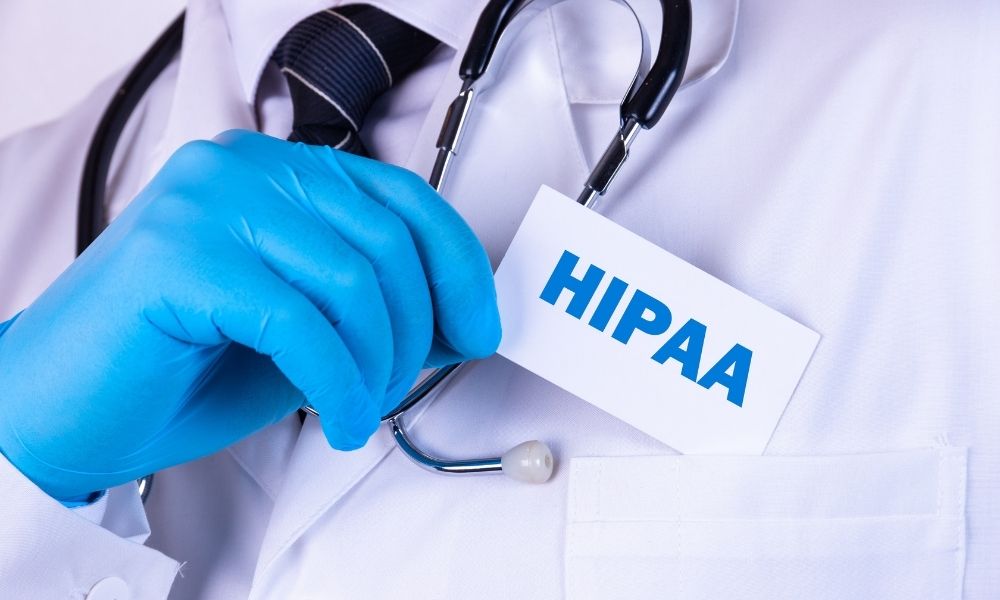HIPAA compliance is essential for every healthcare professional. This law gives individuals with increased security and privacy while giving patients more control. Technology is evolving quickly and is constantly changing, it is vital to make sure that any new system adopted adheres to HIPAA rules.

HIPAA compliance can be a bit complicated especially for businesses that are trying to understand the meaning of HIPAA signifies and how it impacts them. Health care companies and those that are part of the health insurance industry must be extremely careful to comply with the rules of HIPAA even if they don’t understand the concept. It is vital to thoroughly examine the regulations and make sure that all procedures are in order to be in compliance. Although it’s difficult to accomplish, adhering to the law is imperative. Being compliant will provide improved service and protects data privacy with potential penalties avoided. Comprehending the HIPAA regulations and taking the necessary steps will help businesses to ensure they’re following the guidelines required by law.
HIPAA rules can be quite strict. However, effective security and privacy practices are intended to secure the most valuable of belongings: information. To ensure that there is no inappropriate or unlawful sharing of information about patients increased security measures have been needed as the healthcare industry is moving to electronic records like Electronic Medical Records (EMR). While guidelines have been set and are in place, it is imperative to make sure that patients comply with these rules. HIPAA is vigilant in the privacy of patients and safety.
HIPAA provides an important safeguard for those in the medical field as well as the patients whose data is kept. It provides covered entities (CEs) and business associates (BAs) the capacity to decide if they should use an addressable implementation specification. The decision is based upon a myriad of elements such as risk analysis mitigation strategy, current security measures, and the cost of implementation. CEs and BAS may take a look at alternatives or opt not to implement the measure completely if it is feasible in the context of their situation. HIPAA assists them in making informed choices about data security and security. This includes establishing the right balance between technical and user control over sensitive information.
Many businesses are able to reap the benefits of HIPAA compliance. They can guarantee the confidentiality and security of the personal health information of patients, customers and clients by adhering to the rules in the Health Insurance Portability and Accountability Act. Compliance can also guarantee that patients use their medical information only to benefit them and the benefit of their health care providers. HIPAA compliance provides individuals with the opportunity to make informed decisions regarding how their private medical data is used and managed. Additionally, it allows them to be confident that their data won’t be accessed or modified by any other entity without their permission. HIPAA compliance can reduce the reputational risk of organizations as they avoid legal or financial consequences when they misuse patient information. In the end, observing HIPAA standards will ensure satisfaction for patients through better protection of sensitive medical records.
In conclusion, these are only a handful of things you need to consider when it comes to HIPAA compliance. One of the best ways to ensure that you’re compliant is to have an understanding comprehension of the law and seek out an expert who can help interpret it and establish the necessary systems and processes in place. Although it isn’t easy to ensure compliance, it’s essential for the protection of the rights of your patient as well keeping the confidentiality of your patients.
For more information, click hitech subtitles